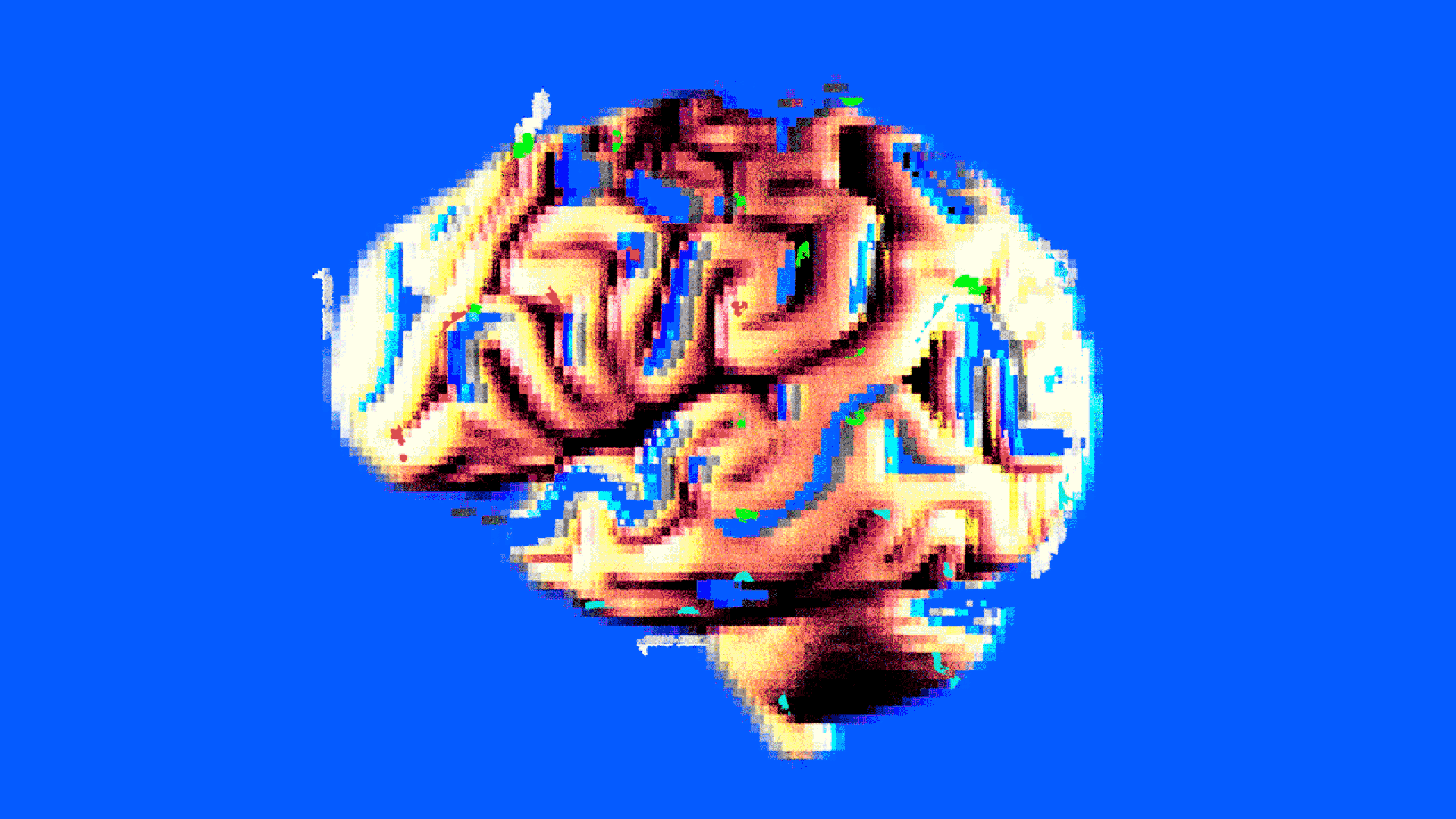
Since the Enlightenment, humans have made unprecedented advances — in science, technology, health conditions, living standards and more — as reason and analysis replaced superstition. Now, technology may be threatening that system.
Driving the news: In a much-read essay in The Atlantic, former Secretary of State Henry Kissinger argues that powerful artificial intelligence could replace human thought with data-driven decision-making. If that happens, AI could chip away at our ability to think critically.
The context: Kissinger is referring to artificial general intelligence, a future form of AI that would be capable of human-like thought in a variety of fields. That’s very different from today's AI: algorithms that perform narrow tasks like identifying images and operating self-driving cars.
The big picture: I spoke with a half-dozen people from different fields about the essay. Some found it hard to fathom given how far AI is from general intelligence. Others, however, agreed with Kissinger's central thesis. Here is a sampling.
- "I worry that human abilities may atrophy," says Daniel Weld, a professor at the University of Washington who studies human-computer interaction.
- "My gut instinct is that we’ll get dumber in some ways — on the principle of muscle atrophy — even as we process vastly more information," says Darrin McMahon, a history professor at Dartmouth College who has written books about the Enlightenment.
- McMahon told me to read the final paragraph of Michel Foucault’s 1966 book, "The Order of Things." In it, the philosopher imagines an ebbing of the ideas that defined humanity for centuries:
For now, AI is nowhere near rendering humans brains mush.
- Today’s AI can’t yet approximate the abilities of even a 2-year-old child.
- Andrew Ng, who founded Google Brain and launched Baidu's AI lab, tells Axios that AI at this stage is simply a tool, like Google or a calculator.
Whether AI does eventually approach or surpass the human capacity for broad thinking, there’s an alternate future in which machines don’t take over complex decisions completely, but instead supply humans with relevant advice and data....
- Basic forms of these "centaurs" — so named because they're half human and half other

